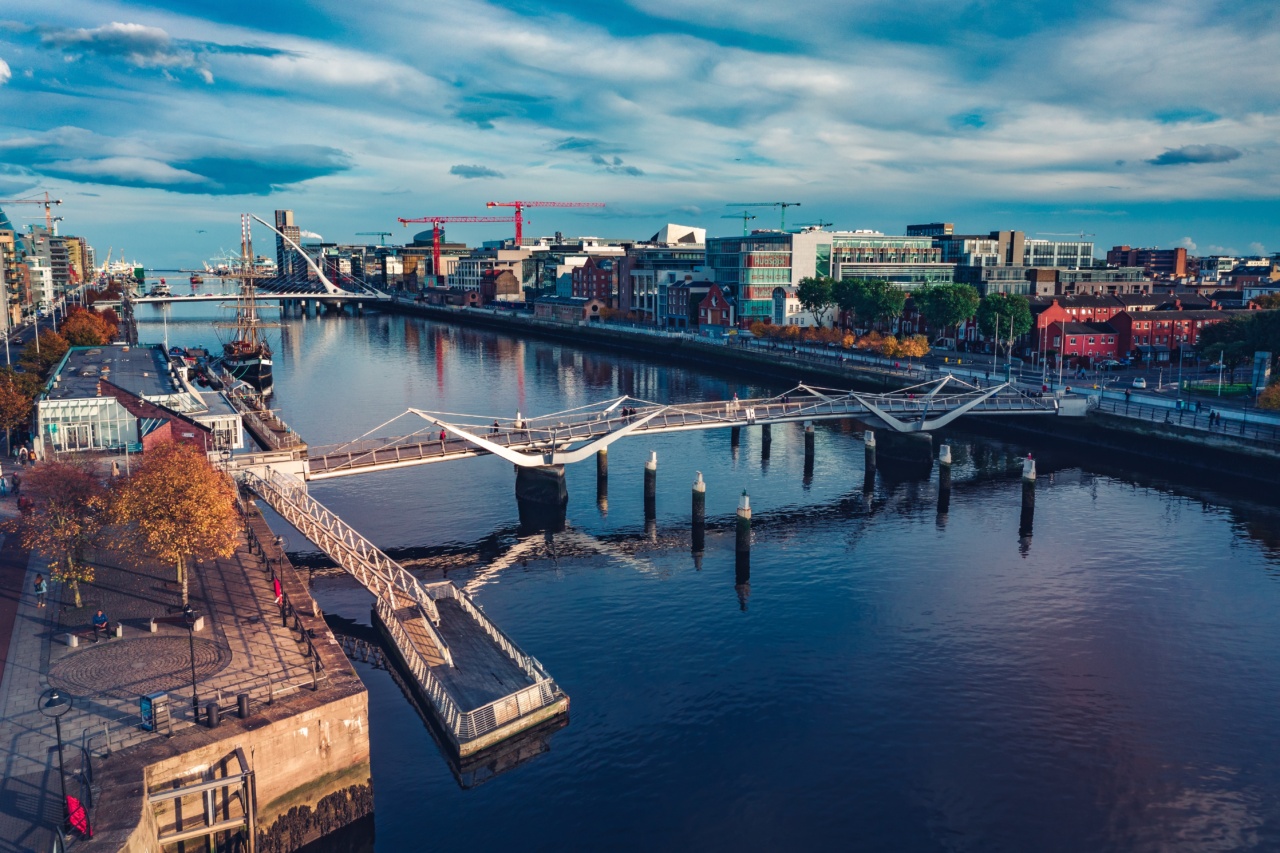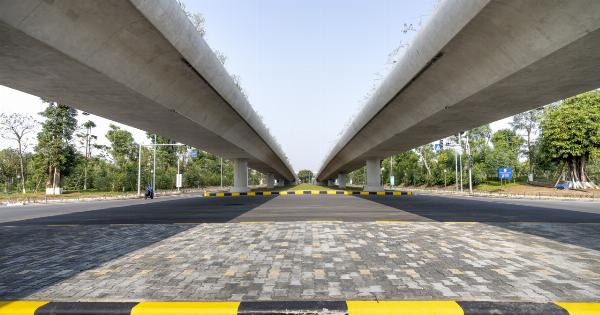Vehicle traffic noise is a growing concern for many people around the world.
According to the World Health Organization (WHO), more than one billion people are exposed to high levels of traffic noise, which can cause a range of health issues, including high blood pressure. Research has shown that exposure to traffic noise over a prolonged period is associated with an increased risk of cardiovascular diseases, including hypertension, which is a major risk factor for heart attacks and strokes.
What is High Blood Pressure?
High blood pressure, also known as hypertension, occurs when the force of blood against the walls of the arteries is consistently too high. This puts an extra strain on the heart and blood vessels, which can lead to serious health complications.
Hypertension has no symptoms, and many people may not even know they have high blood pressure until it is measured by a healthcare professional.
How Does Traffic Noise Affect Blood Pressure?
Exposure to noise, especially vehicle traffic noise, can lead to an increase in blood pressure in both the short and long term.
A study published in the Journal of the American Medical Association (JAMA) found that participants who were exposed to higher levels of traffic noise over a five-year period had a significantly higher risk of developing hypertension.
There are several ways in which vehicle traffic noise can affect blood pressure. Firstly, the noise can cause stress and anxiety, which triggers the release of stress hormones such as cortisol and adrenaline.
These hormones increase heart rate and blood pressure, which can lead to hypertension over time. Secondly, vehicle traffic noise can disrupt sleep, which is an important factor in controlling blood pressure.
Chronic sleep deprivation caused by noise can lead to an imbalance in the body’s hormones, including those that regulate blood pressure.
Who is Most at Risk?
People who live close to busy roads or highways are at the highest risk of developing hypertension due to traffic noise exposure. This includes individuals living in urban areas, where traffic noise is often the most prevalent.
However, workers who are exposed to traffic noise in their jobs, such as bus drivers or construction workers, are also at a higher risk of developing hypertension.
What Can be Done to Reduce the Risk of Hypertension?
There are several steps that can be taken to reduce the risk of developing hypertension due to traffic noise exposure.
Firstly, individuals can take steps to reduce noise exposure in their homes, such as installing double-glazed windows or using sound-absorbing curtains. Second, city planners can take steps to reduce traffic noise in urban areas, such as building sound barriers along busy highways or introducing low-noise road surfaces.
Finally, individuals can take steps to improve their overall health and reduce their risk of hypertension, such as eating a healthy diet, getting regular exercise, and reducing stress levels.
These lifestyle changes have been shown to be effective in reducing blood pressure and improving overall cardiovascular health.
Conclusion
Vehicle traffic noise is a growing concern for many people around the world, and research has shown that it can have a significant impact on blood pressure, particularly over a prolonged period.
Living close to busy roads or highways and working in noisy environments can put individuals at a higher risk of developing hypertension. However, there are steps that can be taken to reduce the risk of hypertension, including reducing noise exposure in the home and workplace, and taking steps to improve overall health and wellbeing.






























